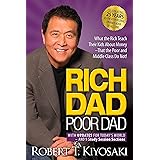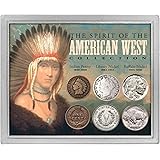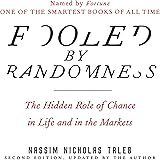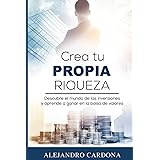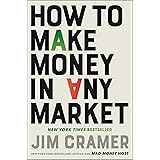
Whether you’ve received a financial windfall, earned a pay raise or have accumulated savings, you may be wondering whether it’s more important to invest your money or pay off your mortgage. The answer to this question depends on your goals and priorities, but it’s crucial to achieve balance in order to succeed financially.
Choosing to invest instead of paying off your mortgage can help you build wealth for the future. But it also comes with its own set of risks and rewards, so be sure to consider your personal circumstances before deciding.
Paying off your mortgage early is a low-risk, high-reward choice, but it’s not the best way to go about building long-term wealth. In fact, if you opt to do so, you could miss out on annual gains of around 8%, which would have been better spent building retirement savings, investing in a child’s education or reinvesting your investment earnings in a brokerage account for future discretionary spending.
One of the biggest benefits of paying off your mortgage early is that you will save thousands in interest payments over the life of the loan. These interest savings can be an attractive financial reward, especially if you’re not investing your extra cash toward retirement, and they can be especially helpful for those who are facing a financial emergency.
Inflation can be a factor in choosing to pay off your mortgage rather than invest, because low mortgage rates often mean that home values don’t keep up with inflation. However, as you get older and your income increases, you can probably afford to make extra payments on your mortgage and invest for the future.
You can also consider using a refinance loan to cut the term of your mortgage and save interest. This can be a useful strategy, particularly if you have a variable-rate mortgage that will likely increase over time.
Another benefit of paying off your mortgage early is that you may be able to get a lower interest rate on a new home loan than you had previously, as well as free up cash flow to invest in other aspects of your financial plan. For instance, you can use this extra cash to pay down high-interest debt, such as credit card debt.
Some mortgages even come with a prepayment penalty, which means that if you pay off your loan early, you could be hit with a fee that can reduce the amount of money you’ll save in interest. This is why it’s so important to talk to a financial professional before making any decisions about paying off your mortgage or investing.
Getting a handle on your debt is usually the smartest financial decision you can make, regardless of what kind of investment you’re considering. And you might want to tackle your credit card debt first, since high interest rates often cost you more in the long run. Then, you can start to work on your portfolio. It’s worth doing this if you can afford it and if you have time on your side, as the stock market typically sees average returns of about 7% per year over the long run.

